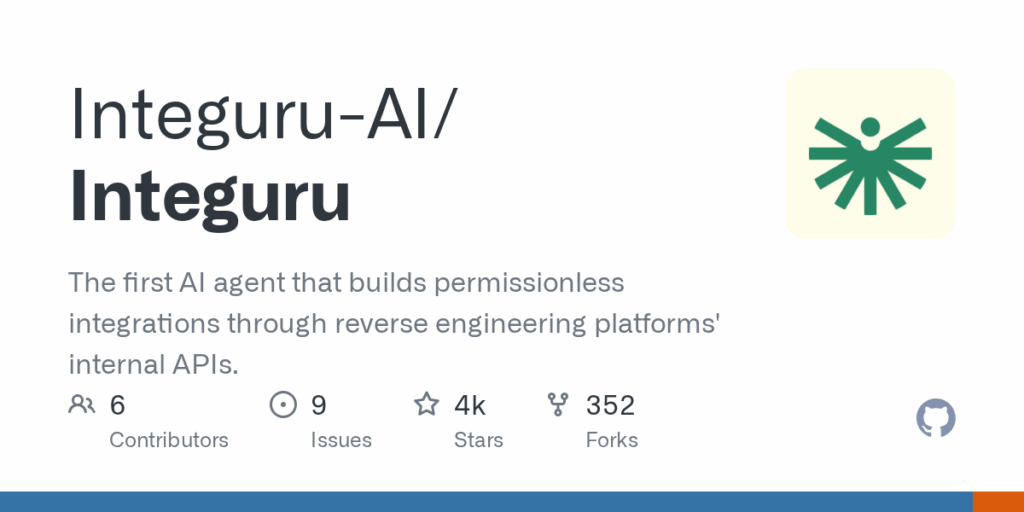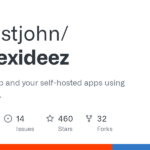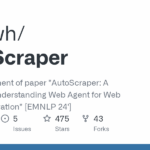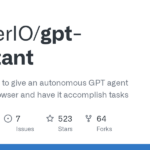Integuru
Basic Information
Integuru is an AI agent designed to generate integration code by reverse-engineering a platform's internal web APIs from recorded browser activity. Users record a browser session with create_har.py to produce a HAR file and save cookies, then provide a prompt describing the desired action. The agent analyzes network requests, reconstructs request dependencies, and emits runnable Python code that performs the target action against internal endpoints while reusing authentication cookies. The tool is intended for developers or integrators who need to automate interactions with web platforms that lack public APIs, and it includes a CLI, a Jupyter notebook example, and recommendations for using OpenAI models for graph and code generation.
Links
Stars
4417
Github Repository
Categorization
App Details
Features
The repository produces a dependency graph of network requests and converts each request into callable functions that reproduce the action chain. It supports input variables for graph generation, full code generation for all requests in the graph, and guidance for handling 2FA by using cookies/session tokens recorded after authentication. The workflow uses create_har.py to capture network_requests.har and cookies.json, a CLI with options for model, prompt, HAR and cookie paths, and parameters like max_steps. It recommends OpenAI models that support function calling, can run via a Jupyter notebook, includes unit tests runnable with pytest, and has a GitHub Actions CI workflow defined in .github/workflows/ci.yml.
Use Cases
Integuru automates the tedious work of discovering and sequencing internal API calls so developers can obtain working integration code faster. By reverse-engineering recorded browser traffic it identifies dynamic request parameters and upstream requests that supply them, then assembles those into a runnable Python workflow that preserves authentication and ordering. This reduces manual inspection of network traces, accelerates building unofficial integrations for platforms without public APIs, and helps with repeatable automation tasks like downloading documents. The tool stores data locally, supports iterative exploration via input variables and Jupyter, and provides tests and CI to validate generated code and integration flows.








